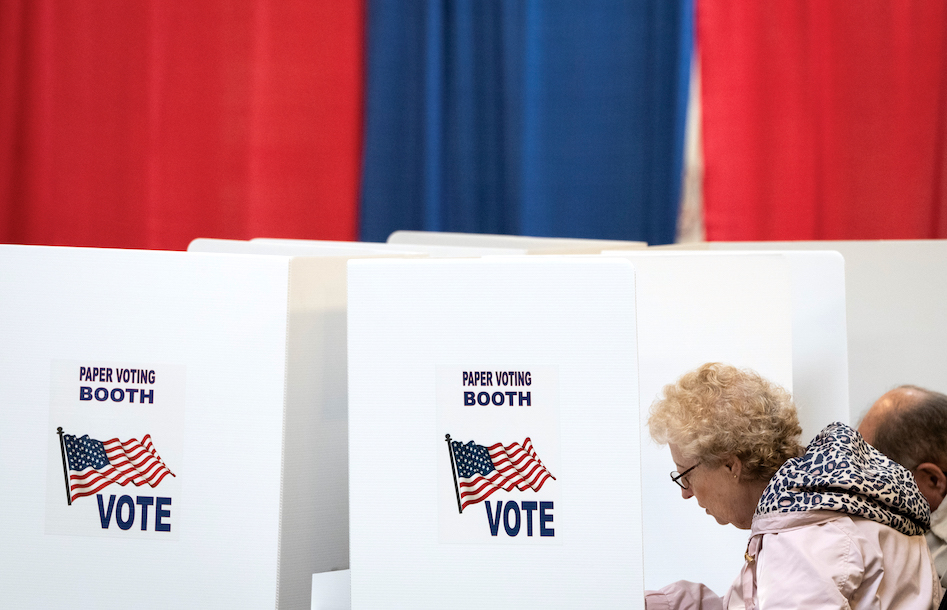By Chris Daniels
PR Week
May 3, 2022
Public affairs firms could face a gridlocked Congress if Republicans take back the House, as expected, in the November midterm elections.
That will continue a trend toward state-level policymaking in both red and blue states, says Alex Conant, founding partner at Washington, DC-based Firehouse Strategies. His firm opened offices in New York and Florida earlier this year, in large part because of that trend.
“Over the last two years, with Republicans out of power in Washington, they’ve tried to move their agenda to state capitals,” explains Conant. “And, during the Trump years, you saw Democratic state capitals passing a lot of legislation that impacted businesses all over the country.”
He adds that while “businesses used to only have to worry about blue states, increasingly they’re also worried about Republican state legislatures. The populist strain in the Republican party is very strong in state capitals.”
Firms say they will likely pivot strategies when it comes to federal work.
Perry Communications Group in Sacramento, California, “will continue to have a balanced portfolio of federal and state work,” says president and CEO Kassy Perry. “We will use different playbooks, should Republicans take committee chairs,” she notes. “Some clients will switch to defense, others to offense.”
Perry points to prescription drug pricing legislation as an example where comms strategies could flip for some clients.
“Historically, Democrats look to price controls to lower costs, while Republicans look at other more business-friendly ways,” explains Perry. “Depending on their interests, healthcare clients will want to make the appropriate adjustments.”
However, she notes Republicans and Democrats are no longer uniform entities. California is a microcosm of that. Its legislature is dominated by Democrats, but there are factions within the party.
“The world is no longer left and right, Democratic and Republican. We now have tribes and significant factions within each party,” says Perry, who in the 1990s was deputy comms director for Gov. Pete Wilson (R-CA). She has since done a lot of work for Democratic policymakers in California on behavioral health, mental health and aging policies.
“We try to take partisanship out of the work we do and really talk about the principles behind an issue,” adds Perry.
Those factions have significant implications for big business, both at state and federal level.
“The Trump and neopopulist wing of the party is not just anti-big government, as a traditional Republican would be,” explains Jeff Sadosky, a partner at Forbes Tate. “They are anti-big anything, including when it comes to business as well as tech.”
Sadosky, who served as a spokesperson for the super PAC supporting Marco Rubio’s reelection to the Senate in 2016, says “clients will need a strategy to communicate directly with legislators and staff while also creating a surround-sound to both demonstrate broad support and ensure key decision-makers hear and see their message from multiple angles.”
“It’s going to take messaging that doesn’t contradict itself. It will become a question of emphasis and focus, so the messaging resonates with the Democrats in the Senate needed to get to 60 while still working with Republicans in the House,” he adds. “That will be the only way to get a piece of legislation across the finish line.”
Scott Jennings, founding partner at RunSwitch PR in Louisville, Kentucky, who had key roles in George W. Bush’s presidential campaigns in 2000 and 2004, concurs it will be fascinating to watch “the continued evolution of how corporate America aligns itself between the two parties.”
“[It] aligns with Democrats on societal and cultural issues and Republicans on taxation and regulatory issues,” he says. “But the question, especially in a divided government and the presidential campaign looming in 2024, will be, ‘Can they have it both ways?’”
“There will be Republicans going after CEOs they consider woke and Democrats beating up on corporations claiming they don’t pay enough taxes,” adds Jennings. “They’re going to have to be real smart about how they play it.”
